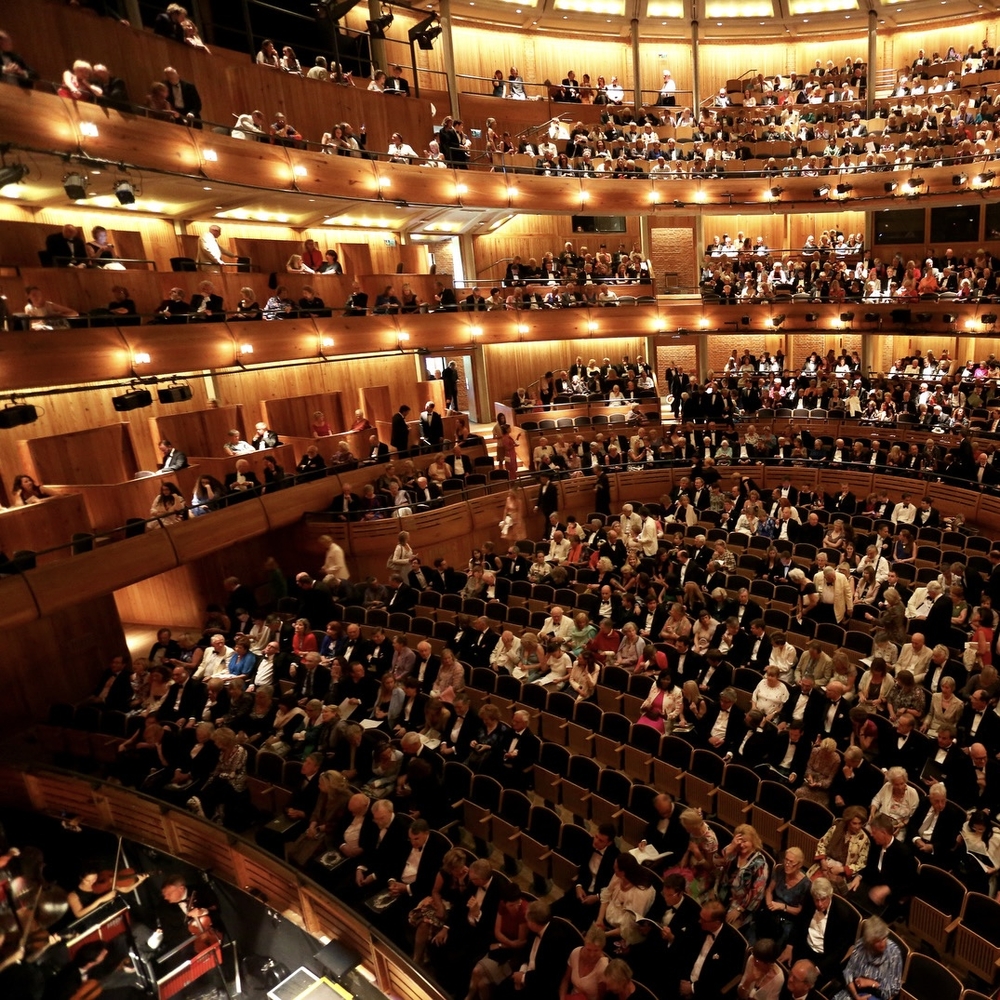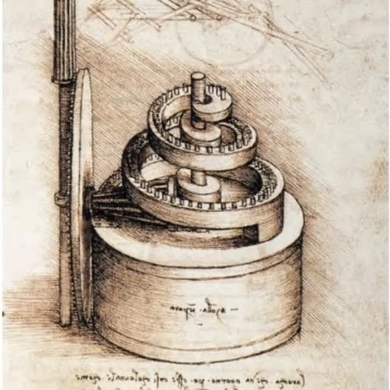In 1876, Richard Wagner inaugurated his visionary Festspielhaus at Bayreuth with the world premiere of his tetralogy Der Ring des Nibelungen, attended by far-flung illustrissimi including Tchaikovsky and Emperor Pedro II of Brazil. In 1882, he unveiled the valedictory Parsifal on the same stage, pompously designating it not an opera but rather “a festival play to consecrate the stage.” The Parsifal score is something else, all right, precision-tooled for the auditorium’s unique acoustic, a function of its sunken orchestra pit, invisible to the public under a curved canvas cover. The story, drawn from Arthurian legend, tells of the despoiled sanctuary of the Holy Grail, and its restoration by a holy fool. Though Wagner meant to keep Parsifal a Bayreuth exclusive in perpetuity, the genie escaped the bottle to mystify and transport Wagnerites all over the world. This year, for the first time, the Glyndebourne crowd joins them. In truth, the auditorium there is on the wee side for Wagner (though Bayreuth seats 1,900 today, Wagner built the house for 1,800, as against 300 in Glyndebourne when the festival opened in 1934 and 1,300 in the new auditorium inaugurated in 1994). But in 2003, Glyndebourne broke the ice with Tristan und Isolde (the most intimate of Wagner’s music dramas), following up in 2011 with Die Meistersinger von Nürnberg (the most populous and rambunctious, as well as his only comedy). Parsifal, the most mystical and elusive of the master’s fever dreams, is in the hands of the Dutch director Jetske Mijnssen, a newbie to the house and to Wagner’s world. Her stated quest is to create characters who are human beings she can relate to. The proof will be where it always is, but for now her words are music to the ears of fans sick to death of the high-handed mythomaniacs who rule the international operatic roost. The conductor is Glyndebourne’s music director Robin Ticciati, whose talents as a colorist should serve Wagner’s diaphanous stained-glass and enchanted-garden scoring with particular distinction. The well-traveled Swedish heldentenor Daniel Johansson takes the title role. —Matthew Gurewitsch
Arts Intel Report
Parsifal

The Glyndebourne Opera House.
When
May 17 – June 24, 2025
Where
Etc
Photo: © Glyndebourne Opera House
